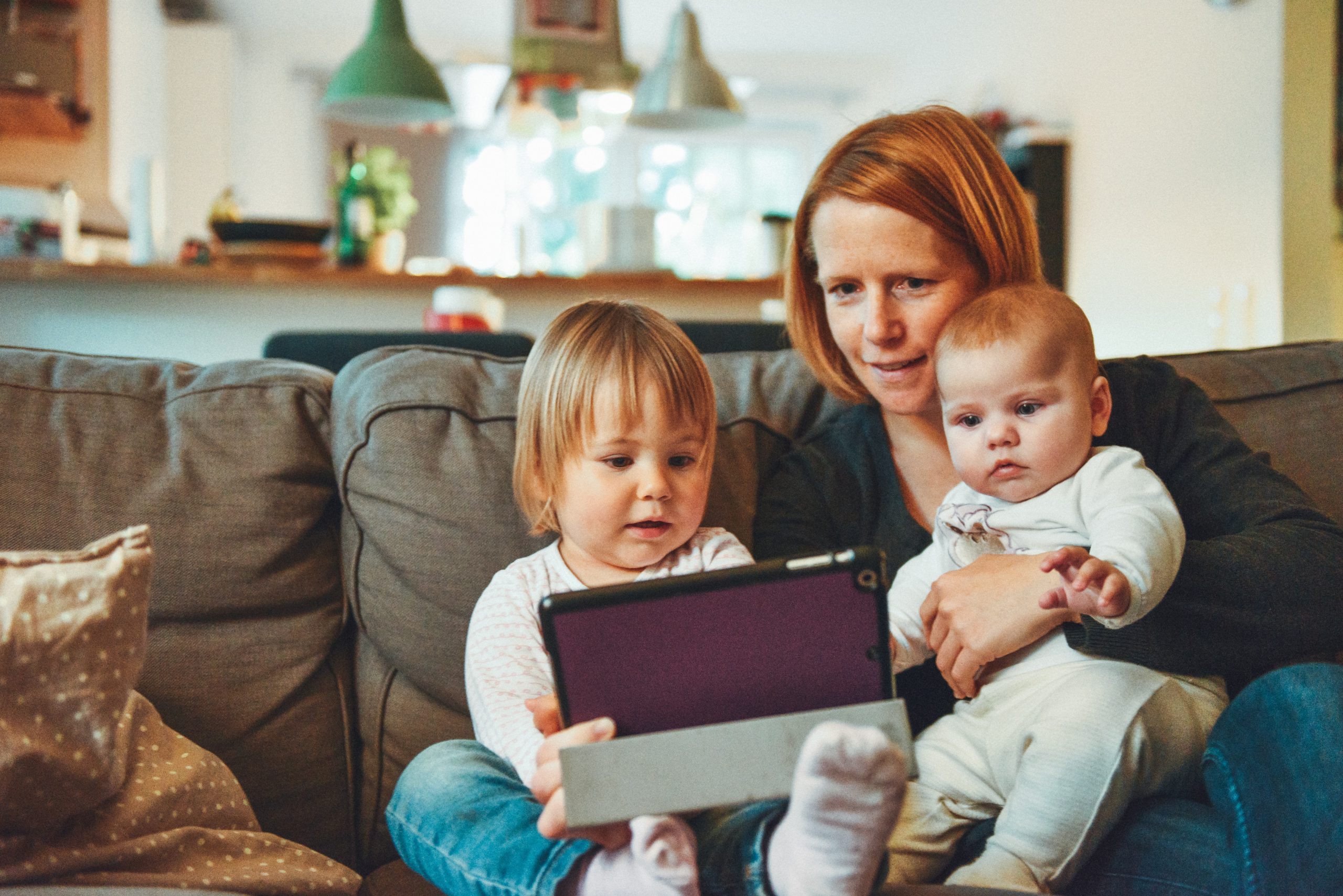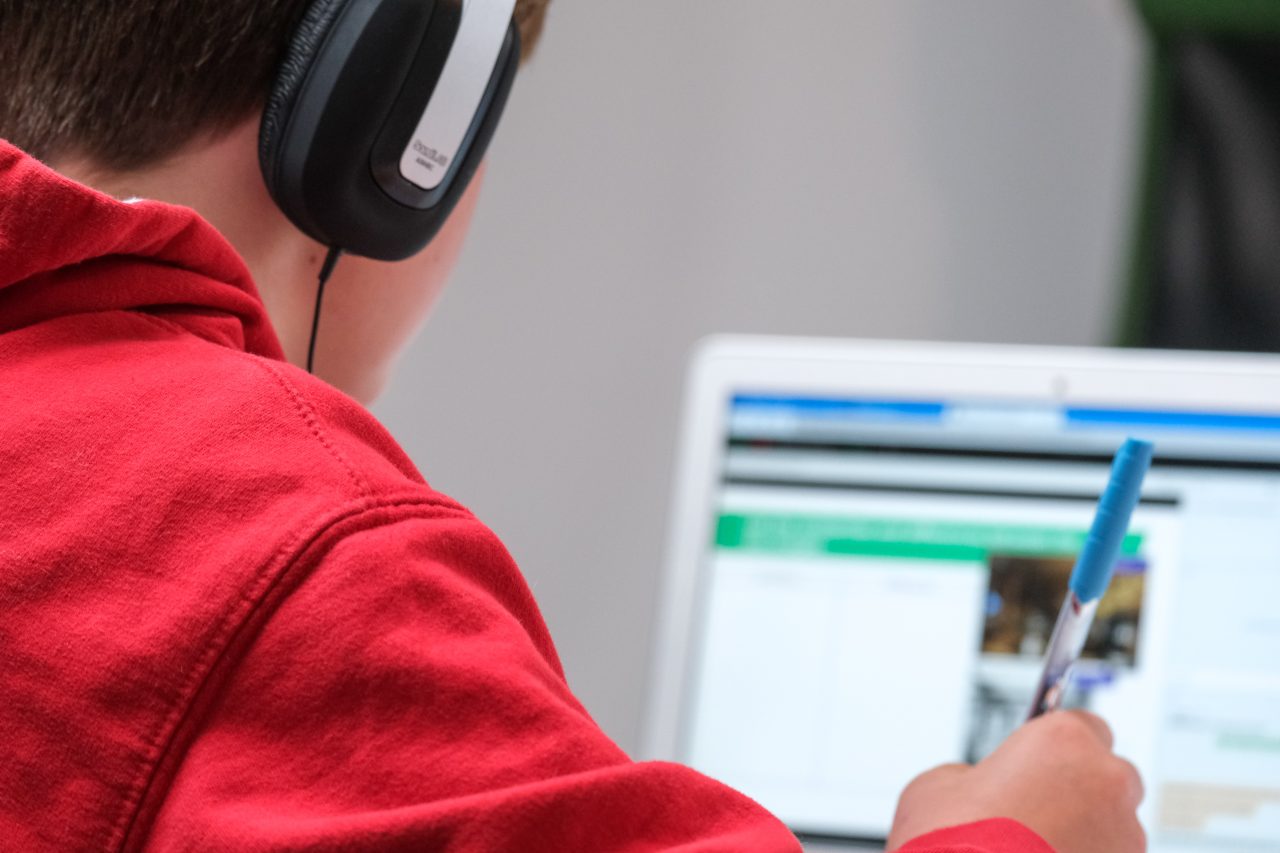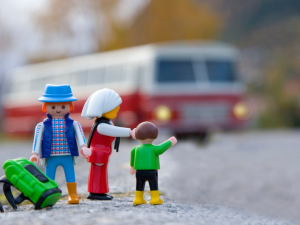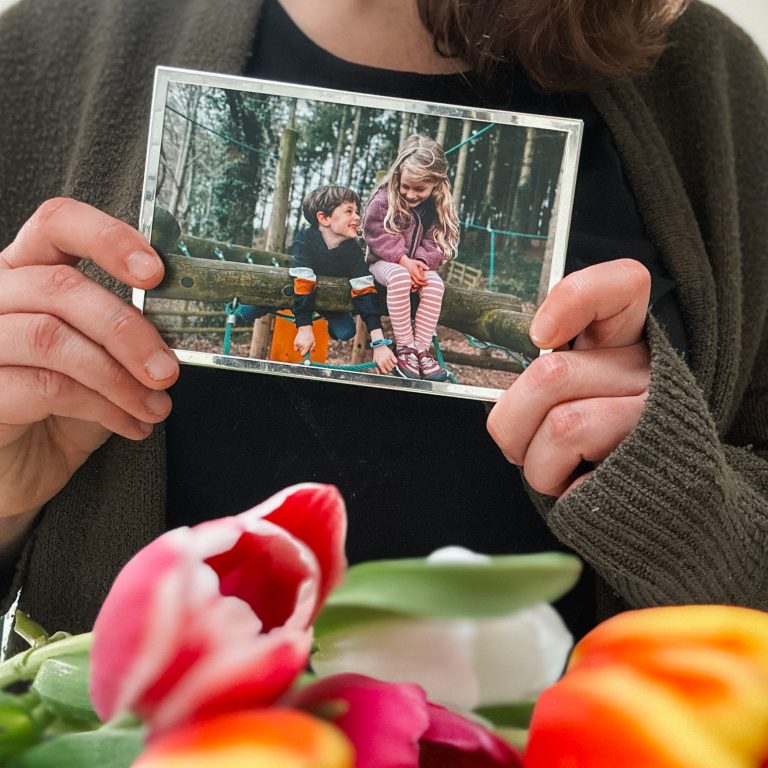The internet – in a lot of ways, it’s made life so much easier (groceries delivered to the door – yes please!) and in others a lot trickier. For instance, how do you let the kids use the internet safely? It’s a question a lot of busy parents ask, but often have few 100% foolproof answers. Whilst there are lots of rules and regulations on internet use at school, what can you do at home? Let’s take a look…
Safe browsing
One of the first things to get in place is good security – in the form of trusted software that will block anything untoward/suspicious and also regularly scan your hardware for viruses. The next is to get a great-quality VPN by browsing the range at Surfshark services to see which would suit you and your family’s needs best. Keep these regularly updated and make sure to run security scans at least once a week.
Open up an honest dialogue
Of course, this has got to be done in an age-appropriate way – but chatting honestly with your kids about using the internet is your next stage. Let them know it’s a great place to be, but there are also things that they’ve got to be aware of. They must always:
- keep their personal details private
- avoid talking to strangers/people they don’t know
- tell mum and dad if they see anything that scares or upsets them.
Older children will naturally want to get involved with social media and these above points become even more prevalent as they get smartphones and it’s not always as easy to keep tabs on what they’re up to. It’s here that there needs to be more honest conversations about being less trusting of people online, and not sharing any photos/material that are personally revealing.

Use the internet together as part of family time
At first, with your youngsters – use the internet together as part of some family time and visit fun sites they like (come on, who doesn’t love Hey Duggee?) and use it as a way of entertaining and learning together. Allow the children to navigate sites themselves, with your help.
As they get a little older, you can let them use devices alone – as long as you’re in the room and can see what’s going on. That way, if they accidentally click on something that’s not suitable – or they get scared by something they witness, you can deal with it in real-time and open up a conversation about it.
If the worst happens…
…and your child does find themselves in distress over something that’s happened online, it’s important to stay as calm as you can and not to apportion blame or shame. That’ll ultimately help no one and achieve nothing. Rather, talk to them about the situation – find out all the details and work together to explain that you’ll be able to help and find ways to avoid the same thing happening again.
Finding ways to teach your children about online safety really will vary from family to family. It’s about finding the path that works best for you and sticking to it, but the key is opening up honest dialogue from day one.









No Comments